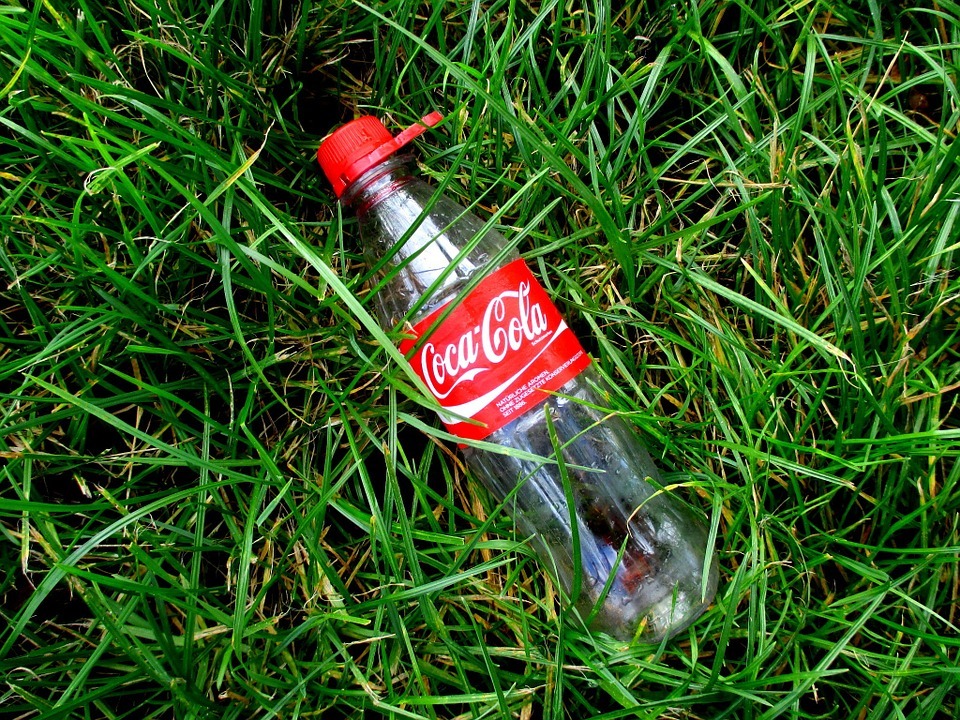
Amsterdam, January 23, 2018 — Coca-Cola the Netherlands announced last November that they would take action for people and planet. Part of the company’s action plan is to collect 100% of the packaging from all of their own brands in West Europe after use by 2025. Coca-Cola has not yet clarified how it aims to achieve this; various options are currently being researched. Another goal is that at least 50% of of the materials used to produce new PET bottles should come from recycled plastic (but not necessarily from collected Coca-Cola bottles).
Now, the soda giant also has expressed their ambition on a global scale. In this “massive global ambition”, Coca-Cola promises to recycle a bottle or can for each one sold, according to the BBC. This plan is not about collecting plastic bottles from their own brands, but about recycling the same amount of beverage packaging that the company sells on an annual basis.
The biggest objection towards both options is that the company continues to encourage the unrestrained growth of production. The company’s goal to sell more and more each year with maximum profit gain is not affected. In the Western European version, all packaging is collected, regardless of the quantity in which it is produced. In the Global version, the same number of bottles that are sold by Coca-Cola are recycled (regardless of their brand). Both initiatives continue to disregard the problematic level of production.
Coca-Cola — consisting of more than 350 brands and active in over 200 countries — recognises its responsibility to tackle the problem of plastic litter and proclaims a World Without Waste vision. Without proper substantiation of the way in which Coca-Cola expects to achieve the presented goals, whether or not these goals will be realised in practice remains to be seen. The time-period is long, and that means the possibility of continuing with the same old habits for years to come remains. A major drawback is that the vision is predominantly based on recycling.
Let us not be blinded by the very nice idea of a closed system of plastic recycling. All bottles, even those made from recycled plastic, have a chance of ending up in the ocean after use.






